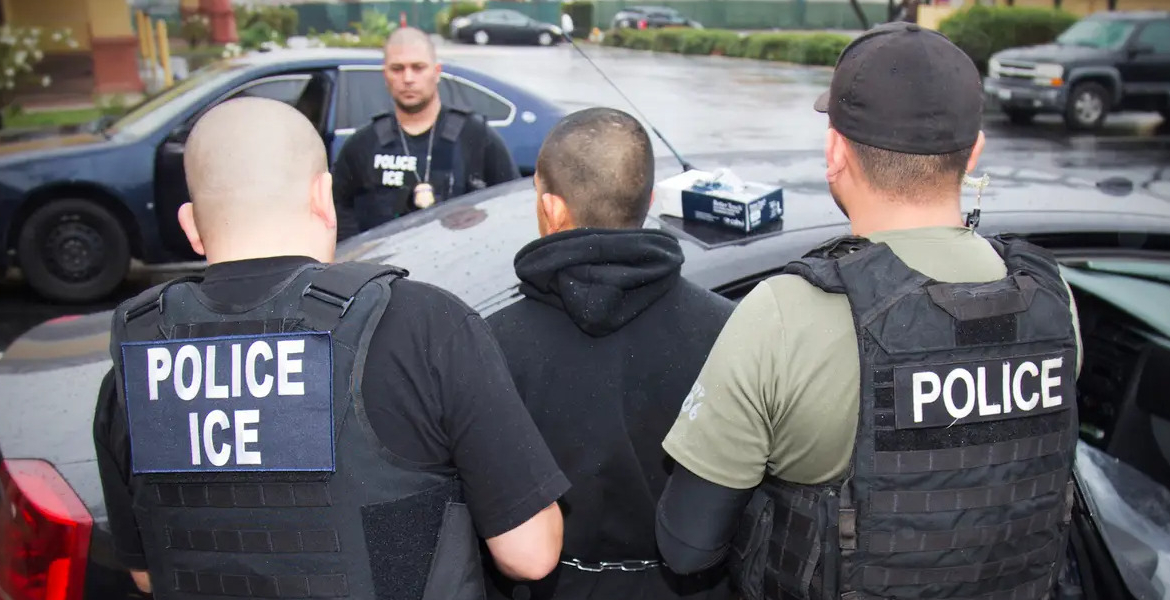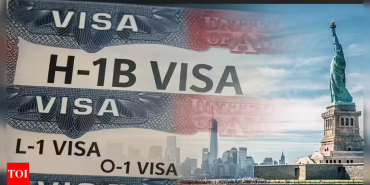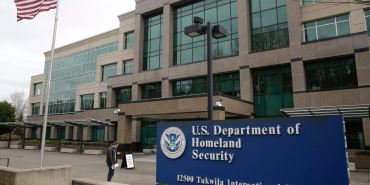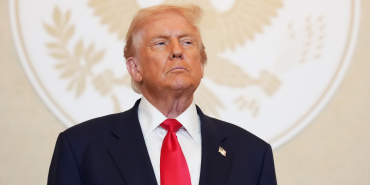500,000 immigrants face removal as US terminates CHNV parole protections

The US government has begun dismantling the Cuba-Haiti-Nicaragua-Venezuela (CHNV) parole program, initiating the revocation of temporary protections for approximately 500,000 immigrants.
The Department of Homeland Security (DHS) has commenced issuing notices requiring recipients to leave the country and immediately terminating their work authorizations. This policy shift follows a recent Supreme Court decision that overturned a lower court ruling, allowing DHS to proceed with ending parole benefits. The legal battle over the termination of various parole programs, including CHNV, remains ongoing.
However, the Supreme Court's decision provided immediate clearance for the Biden administration to implement the change. DHS Assistant Secretary Tricia McLaughlin defended the policy shift as a return to "common-sense policies" that prioritize national security and domestic labor markets, framing it as an "America First" initiative.
The CHNV parole program, introduced in 2023, was designed as an orderly, legal pathway for individuals fleeing humanitarian crises to enter the US. The program, capped at 30,000 slots per month, saw consistent oversubscription, with parolees filling critical roles in sectors facing significant labor shortages, such as construction, hospitality, and healthcare. The sudden revocation of work permits is expected to exacerbate existing employment gaps, potentially creating broader economic uncertainty, according to a Bloomberg report.
In a parallel development, US Citizenship and Immigration Services (USCIS) has lifted a months-long freeze on processing asylum claims and visa petitions for affected parolees. The suspension, implemented in February, had cut off alternative legal pathways just weeks before the rescinding of parole protections, leaving many immigrants with few options for remaining in the country legally. These immigration shifts coincide with renewed attention from former President Donald Trump on the labor market implications of restrictive immigration policies.
Addressing concerns from the agricultural and hospitality sectors, Trump acknowledged the potential workforce reductions and pledged to introduce measures to safeguard farmworkers from deportation. During a recent White House event, he emphasized the plight of farmers and the necessity to address the issue. Trump reiterated this commitment on Truth Social, highlighting the concerns of the agriculture, hotel, and leisure industries regarding the loss of long-term workers due to stricter immigration enforcement. Despite indicating possible protections for specific industries, Trump maintained a strong stance on overall immigration enforcement.
"We must protect our Farmers, but get the criminals out of the USA. Changes are coming," he said, signaling a balanced approach of supporting vital sectors while prioritizing security measures.








Add new comment